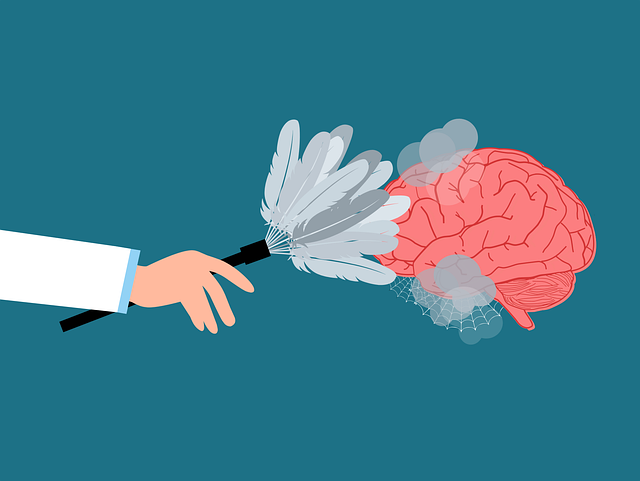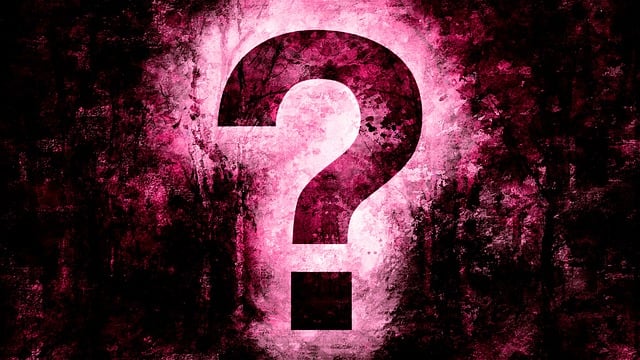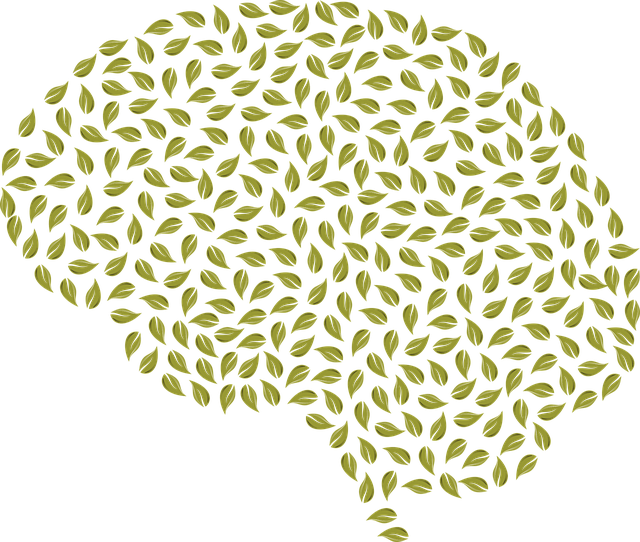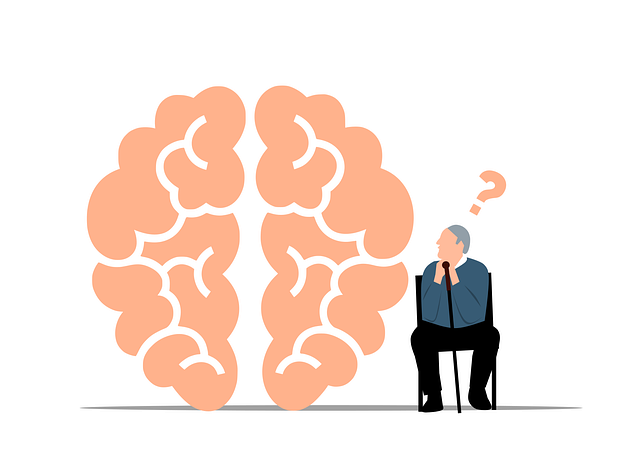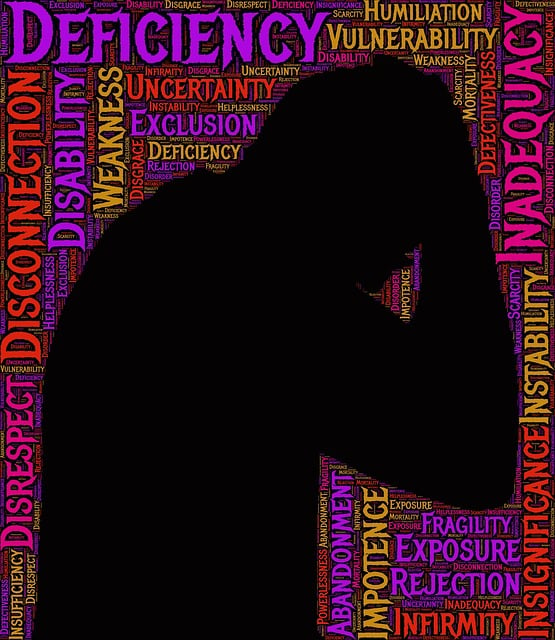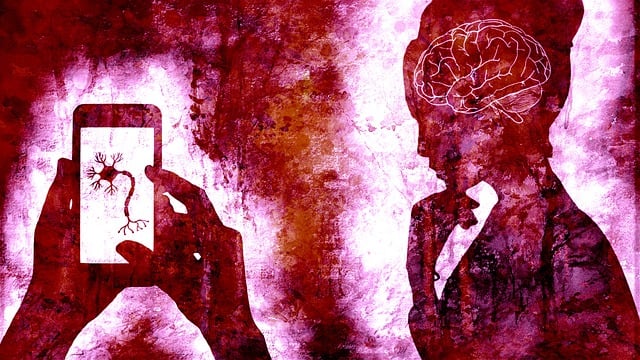Mental wellness encompasses emotional, psychological, and social well-being, impacting daily life. Recognizing its effects highlights the need for proactive measures like building resilience and using tools like journaling. Lone Tree Cognitive Behavioral Therapy (CBT) offers a structured framework for understanding mental health through coping strategy teachings, promoting self-compassion, and identifying negative thought cycles. Effective self-assessment tools should encourage self-reflection, trigger awareness, and nuanced understanding of personal challenges, integrating trauma support services for deeper healing. Combining these tools with professional CBT guidance empowers individuals to take charge of their mental wellness journey, fostering tailored strategies and improved outcomes.
Mental wellness is a cornerstone of overall health, influencing every aspect of our daily lives. This article explores the development of self-assessment tools designed to support individuals in evaluating their mental wellness and taking proactive steps toward optimal well-being. We delve into the significance of cognitive behavioral therapy (Lone Tree CBT), its role in enhancing self-assessment accuracy, and strategies for creating comprehensive evaluation tools. Additionally, we discuss integrating self-assessments with professional support for a transformative mental health journey.
- Understanding Mental Wellness and Its Impact on Daily Life
- The Role of Cognitive Behavioral Therapy (Lone Tree CBT) in Self-Assessment Tools
- Developing Effective Assessment Tools for Comprehensive Evaluation
- Integrating Self-Assessment with Professional Support for Optimal Mental Health Journey
Understanding Mental Wellness and Its Impact on Daily Life

Understanding mental wellness is a crucial first step in developing effective self-assessment tools. Mental wellness encompasses not just the absence of mental illness but also our emotional, psychological, and social well-being. It affects every aspect of our lives, from how we think and feel to how we interact with others and make decisions. When mental wellness is compromised, it can lead to challenges in daily functioning, such as difficulty concentrating, making choices, or maintaining healthy relationships. This can manifest differently for everyone, ranging from feelings of anxiety or depression to more severe symptoms that may require professional help, like Lone Tree Cognitive Behavioral Therapy offers.
Recognizing the impact of mental wellness on daily life is essential because it highlights the need for proactive measures to foster resilience and overall well-being. Building resilience—the ability to adapt and bounce back from adversity—is a key strategy in maintaining good mental health. Tools such as Mental Wellness Podcast Series Production can provide valuable guidance, sharing insights and techniques that promote self-awareness, coping mechanisms, and healthy habits. Additionally, Mental Wellness Journaling Exercises can offer structured spaces for individuals to reflect on their thoughts, emotions, and behaviors, thereby facilitating a deeper understanding of their unique mental wellness landscape.
The Role of Cognitive Behavioral Therapy (Lone Tree CBT) in Self-Assessment Tools

The Lone Tree Cognitive Behavioral Therapy (CBT) approach plays a pivotal role in shaping the development of effective mental wellness self-assessment tools. CBT, with its emphasis on identifying and modifying negative thought patterns and behaviors, offers a structured framework for individuals to gain insights into their mental health. By employing this therapy’s principles, assessment tools can facilitate a deeper exploration of one’s cognitive processes, emotions, and behaviors, thereby enabling more accurate self-reflection.
Incorporating Lone Tree CBT into these tools encourages resilience building by teaching individuals coping strategies to manage stress, anxiety, and depression. This is particularly valuable for mental health professionals who can use risk assessment techniques to identify potential challenges in their practice. Moreover, compassion cultivation practices, a key component of CBT, can enhance self-assessment accuracy by promoting a non-judgmental mindset, allowing individuals to reflect on their experiences with increased openness and self-compassion.
Developing Effective Assessment Tools for Comprehensive Evaluation

Developing effective self-assessment tools for mental wellness is a multifaceted process that requires careful consideration. These tools play a pivotal role in helping individuals gain insights into their emotional, cognitive, and behavioral patterns, enabling them to take proactive steps towards improved mental health. Incorporating elements of Lone Tree Cognitive Behavioral Therapy (CBT) can significantly enhance these assessments by providing structured frameworks for identifying negative thought cycles and maladaptive behaviors. Such therapy methods focus on the relationship between thoughts, feelings, and actions, making them powerful tools in fostering positive thinking and stress reduction methods.
Comprehensive evaluation necessitates tools that go beyond mere symptom checking. They should encourage self-reflection, promote awareness of triggers, and offer a nuanced understanding of personal challenges. By integrating Trauma Support Services aspects into these assessments, individuals can safely explore past experiences and their current impact, allowing for deeper healing and growth. Ultimately, well-designed self-assessment tools empower users to take charge of their mental wellness journey, encouraging consistent practice and perseverance in cultivating positive thinking.
Integrating Self-Assessment with Professional Support for Optimal Mental Health Journey

Integrating self-assessment tools with professional support is a powerful approach to enhancing mental health journeys. These assessments provide individuals with valuable insights into their thoughts, feelings, and behaviors, fostering greater self-awareness. By combining this knowledge with expert guidance from therapists like those specializing in Lone Tree Cognitive Behavioral Therapy, individuals can tailor their mental wellness strategies effectively.
Self-assessment tools equipped with evidence-based techniques, such as conflict resolution methods, enable people to proactively manage their mental health. Moreover, they encourage a proactive mindset, empowering users to take charge of their well-being. Risk management planning, grounded in Mind Over Matter principles, can be incorporated into these assessments to help individuals anticipate and cope with challenges. This holistic integration ensures that self-assessments are not just diagnostic tools but transformative gateways to personalized therapy and improved mental health outcomes.
Mental wellness self-assessment tools are valuable resources that empower individuals to take charge of their mental health. By combining insights from cognitive behavioral therapy, such as those practiced in Lone Tree CBT, with comprehensive evaluation methods, these tools can offer a holistic understanding of an individual’s mental state. Integration of self-assessments with professional support creates a supportive environment for personal growth and enhanced well-being. This approach ensures that folks receive tailored guidance on their mental health journey.
